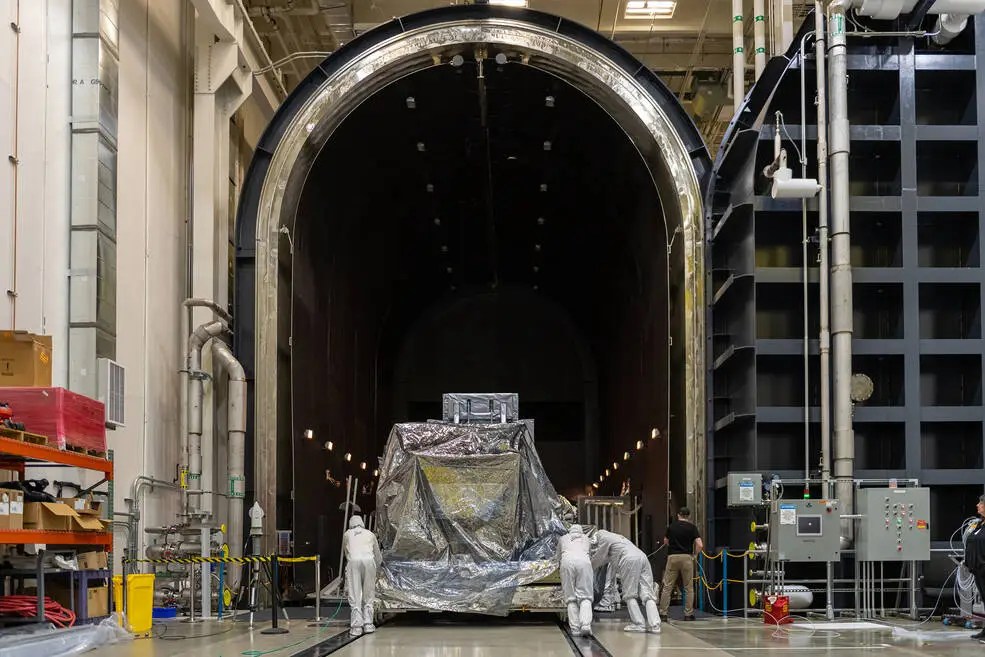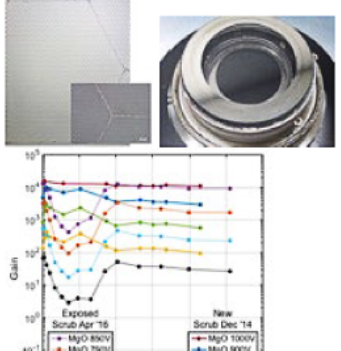
Rebecca Schindhelm
Systems Engineer / Planetary Science Technology Initiative Lead at BAE Systems Inc., Space and Mission Systems, Boulder CO
Education
- Ph.D. (2011) • Astrophysics and Planetary Sciences • University of Colorado, Boulder
- M.Ss. (2005) • Astrophysics and Planetary Sciences • University of Colorado, Boulder
- B.Sc. (2003) • Physics • University of Maryland, College Park
- B.Sc. (2003) • Astronomy • University of Maryland, College Park
Current Position
- Systems Engineer / Planetary Science Technology Initiative Lead at Ball Aerospace, Boulder CO
- Advancing remote sensing technologies toward flight readiness in the area of Planetary Science. Supporting new pursuits for Planetary Science missions. Lead camera engineer for the Lunar-VISE PRISM lander/rover payload.

Atomic Layer Deposition (ALD) Microchannel Plates (MCPs) stand to improve Far-Ultraviolet detector performance by optimizing quantum efficiency and long-life gain, and are under consideration for next-generation astrophysical observatories.
Technology Interests
- Wide- and Narrow- Angle visible cameras
- Cryogenic infrared spectrometers
- Advanced imaging spectroscopy with MEMS micromirror arrays
- Metamaterial spectral filters for visible/infrared spectroscopy
- Metamaterial polarizing gratings for compact spectropolarimetry
- Advanced imaging/spectroscopy capabilities with nanofabricated optics
- Intelligent reconnaissance using machine learning
Goals and Aspirations
- Using emerging technologies to enable new scientific measurements
- Developing flight instruments for Planetary and Earth Science missions
- Building teams and mission concepts for new missions
- Finding connections between different mission areas for applying new technologies to meet mission objectives
- Applying new technologies to solving challenges in environmental intelligence and sustainability
- Promoting inclusion, diversity, equity, and accessibility in STEM
